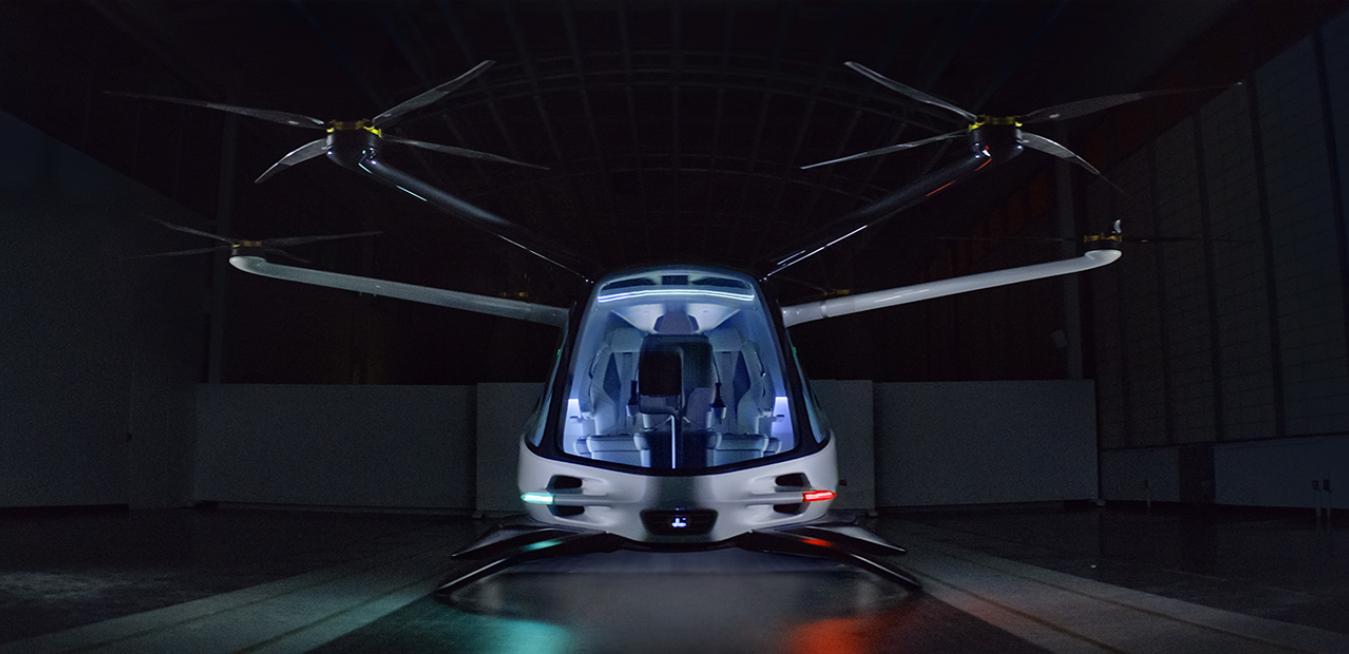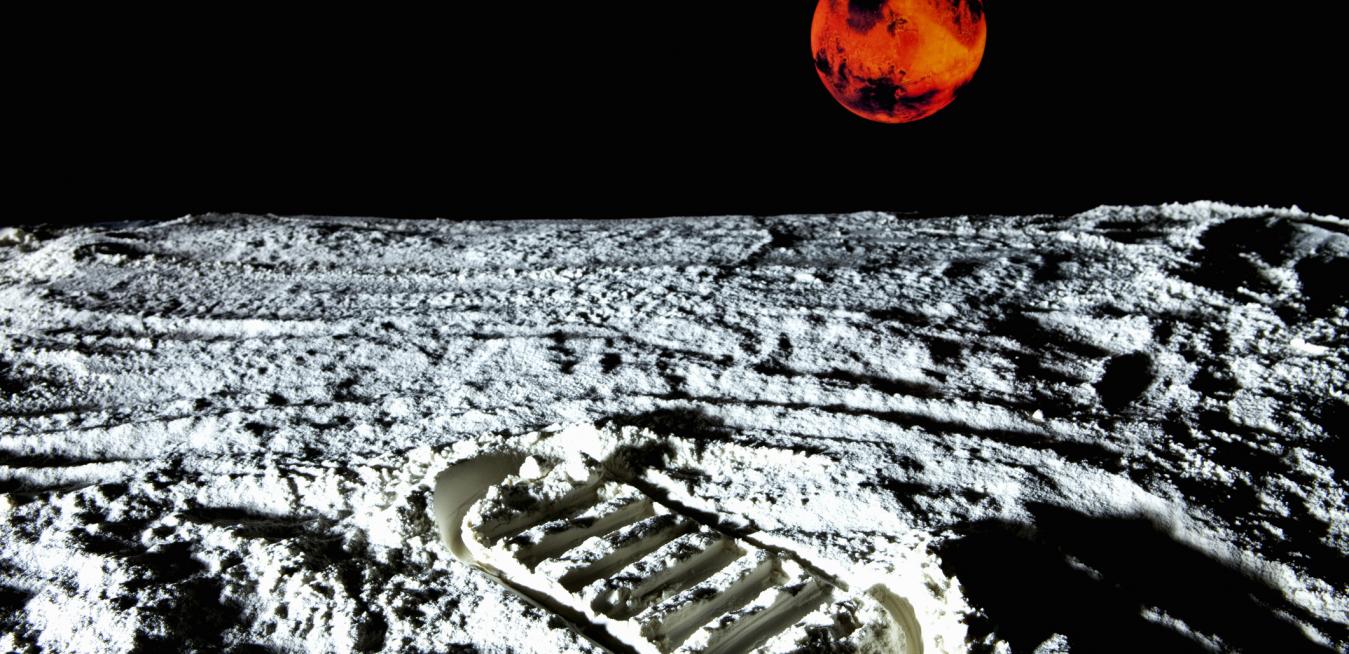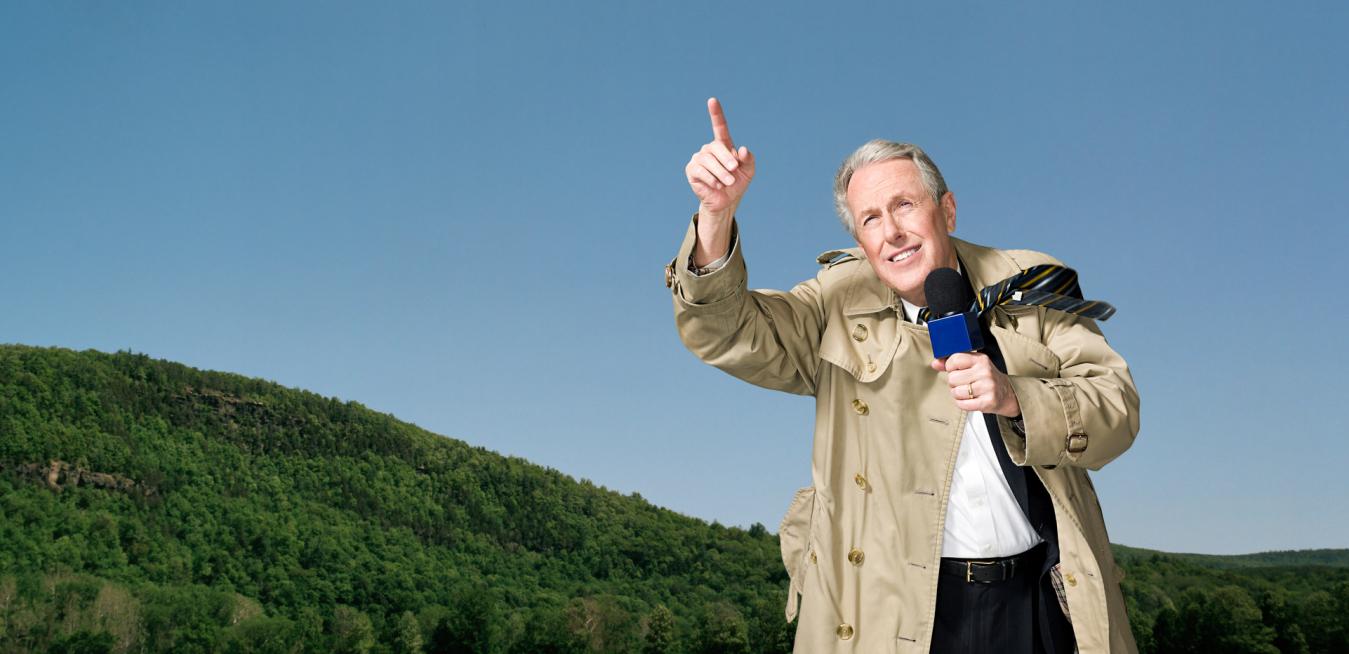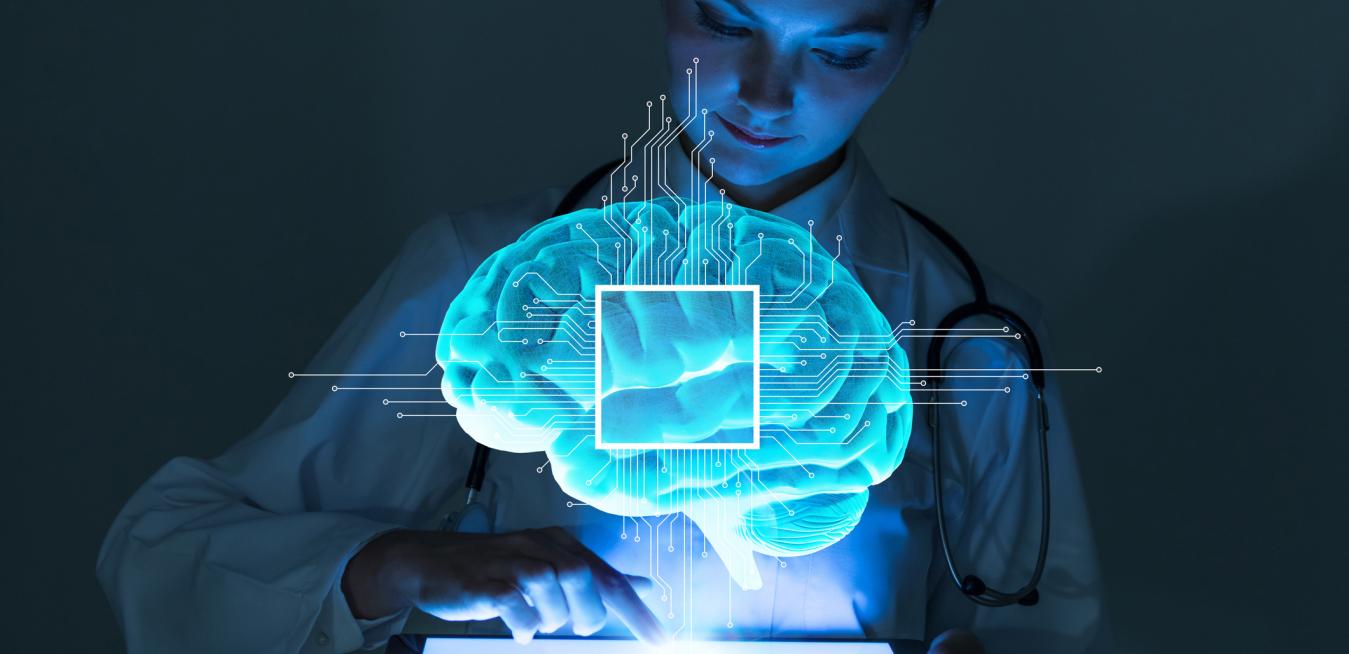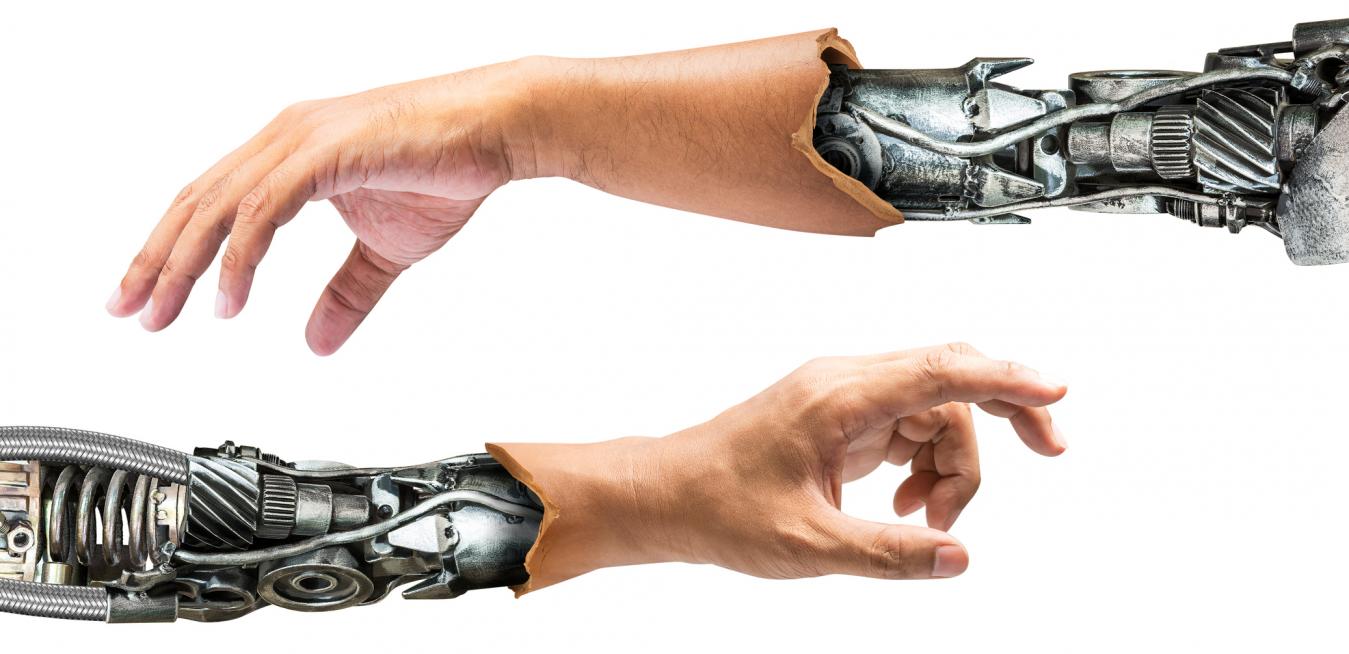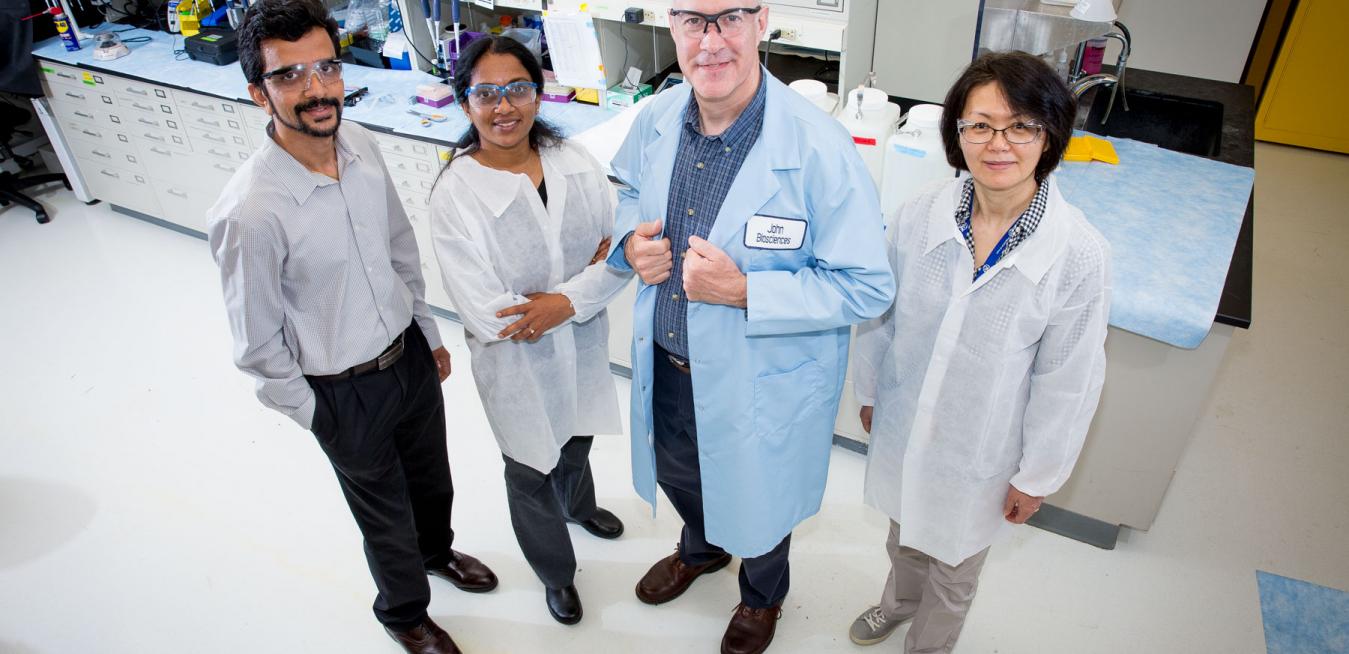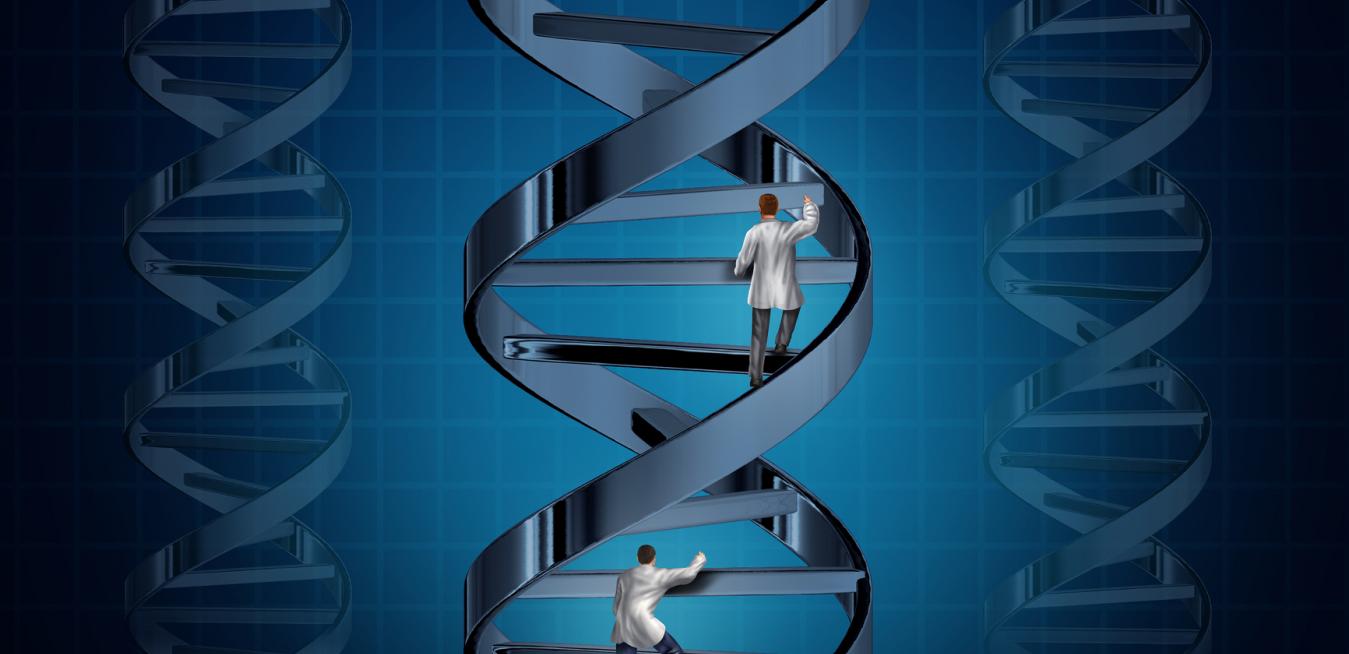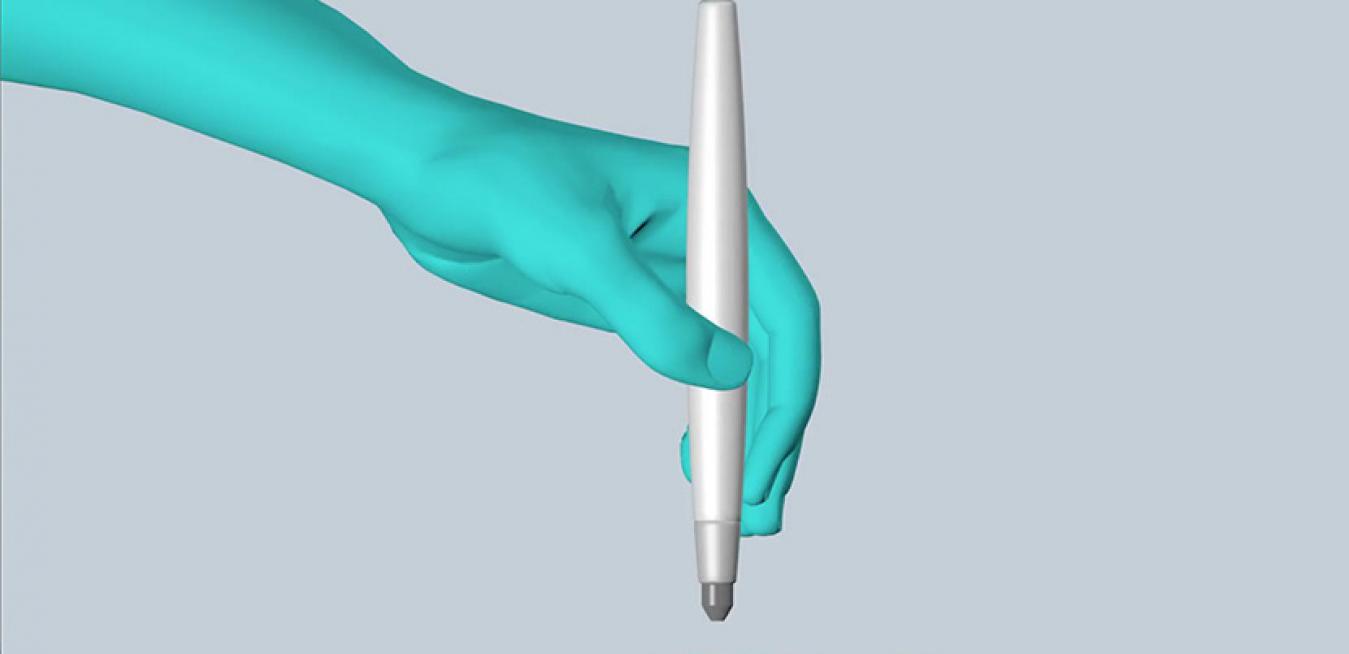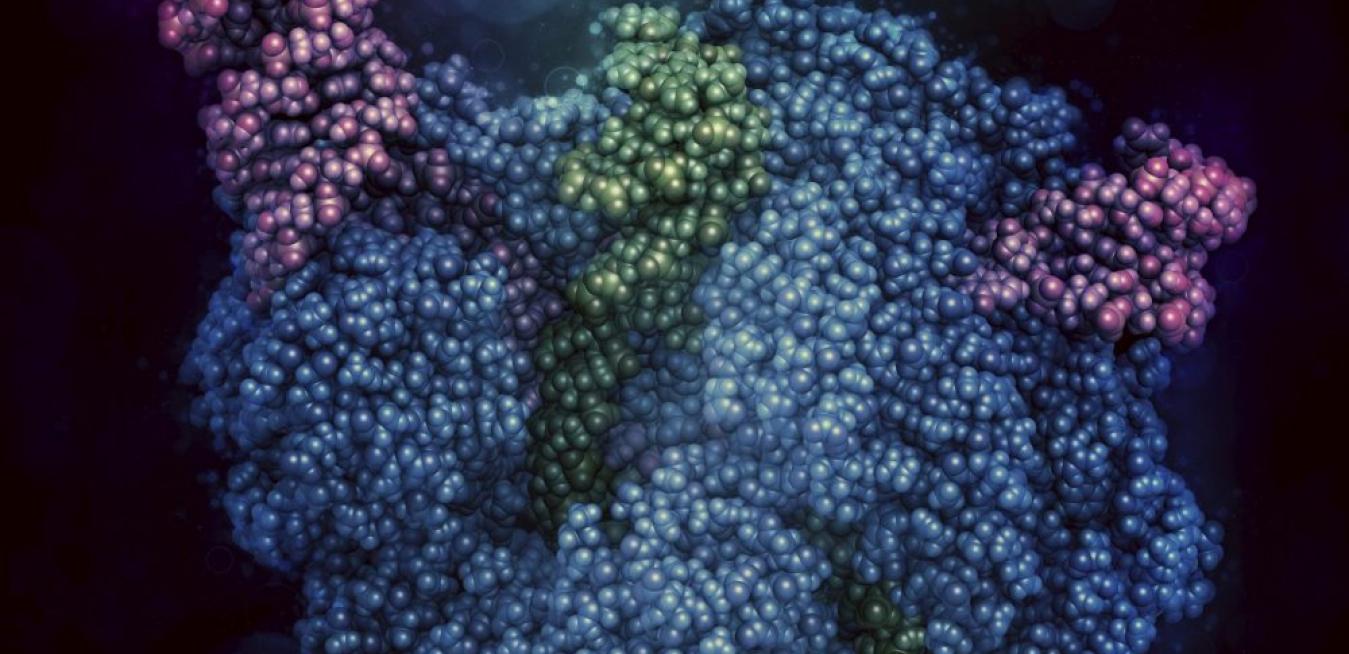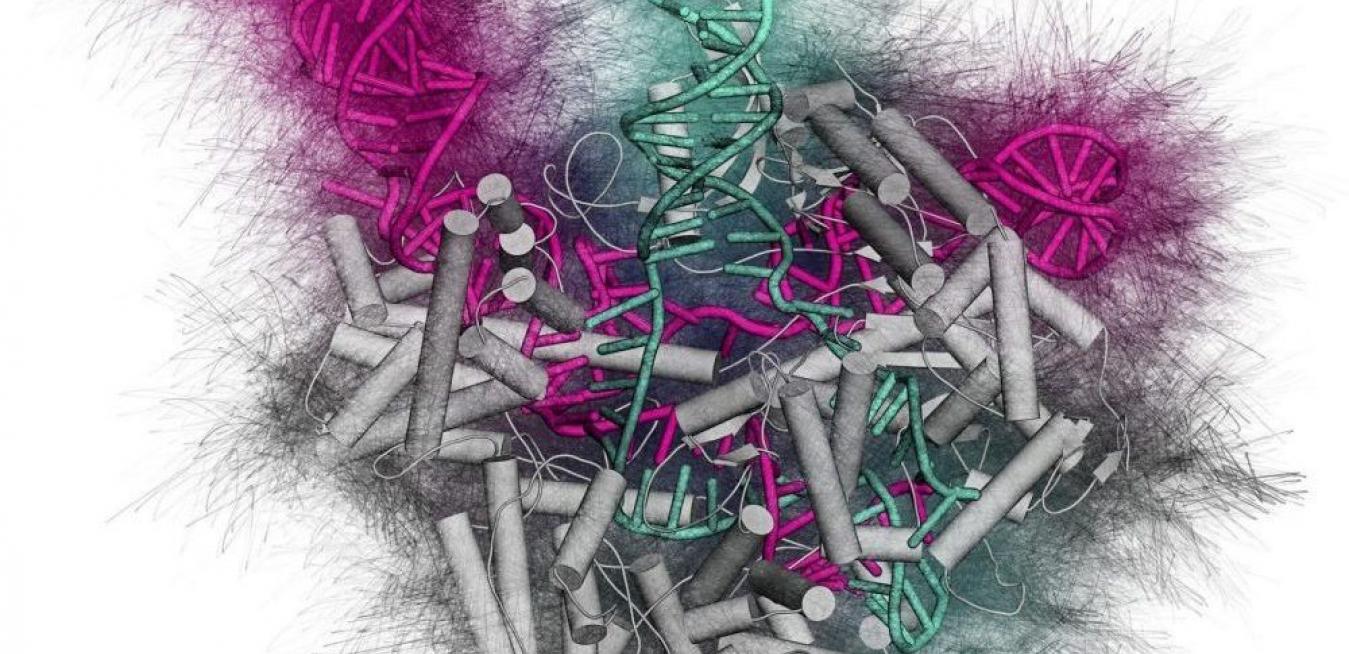Scientists devised a microscopic “submarine” that could ply the deepest interiors of the human body, delivering drugs to the exact places they’re needed, while engineers built a prototype of an “air taxi” powered by hydrogen fuel cells, and astronauts on board the International Space Station studied the effect of cosmic radiation on DNA. We’re way past planes, trains, and automobiles in this week’s coolest scientific discoveries.
A new kind of immunotherapy could be effective against colorectal cancer, 3D-printed digital microscopes could diagnose disease anywhere in the world, and 3D-printed living tissue could help treat disease way out of this world — even on Mars. Astronauts could also bioprint their own meat. Hungry for more of this week’s coolest scientific news? We’ve got a veritable bio-buffet.
Scientists found a way to translate brain signals into “synthetic speech,” doctors can detect ovarian tumors the size of a poppy seed, and researchers using one of the world’s fastest computers modeled a DNA sequence of more than a billion atoms. Oh, and FYI: the U.S. Navy received a patent for technology that seems fit for powering a UFO, or something that certainly looks like one. All that and more in this week’s coolest scientific discoveries!
Tiny robots will repair Britain's sewer system, an algorithm helps digital cameras see around corners and a controversial gene therapy technique could change the game for infertile people. All that and more in this week's coolest scientific advances.
Smart Skin
You know the drill from TV. Forensics experts scour a crime scene, using cotton swabs resembling Q-tips to collect forensic samples left by criminals on doorknobs, table surfaces and other areas.
Staying Alive
Decoding Cancer In Seconds
[embed width="600"]https://www.youtube.com/watch?v=DNfG0dgFQ0Q[/embed]
CRISPR (pronounced “crisper”) is a powerful technique for editing DNA. It has received an enormous amount of attention in the scientific and popular press, largely based on the promise of what this powerful gene editing technology will someday do.
